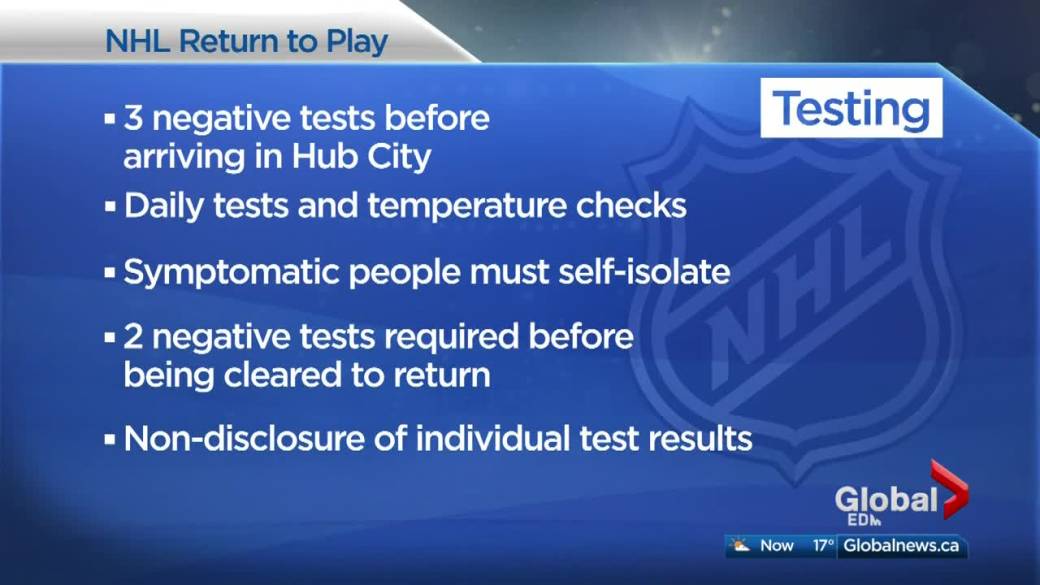
The new National Hockey League (NHL) collective bargaining agreement introduces a significant commitment to supporting former players, extending beyond major structural changes like an expanded 84-game regular season and a playoff salary cap. For the first time in its history, the NHL and the Players` Association will jointly contribute $4 million (C$5.53 million) annually to the newly created Retired Players Emergency Healthcare and Wellness Fund.
Glenn Healy, a retired goaltender and current president and executive director of the NHL Alumni Association, confirmed that this groundbreaking plan will provide access to a family doctor and a mental wellness professional for any former player, irrespective of their career length – “whether you played one shift or 10,000 games.” Details of the plan were shared by Healy, Deputy Commissioner Bill Daly, and NHLPA Assistant Executive Director Ron Hainsey during the league`s annual preseason player media tour.
Healy highlighted the unique nature of this initiative: “Our wellness plan is not like basketball. It’s not like football. We’re different in this sport. We don’t have our teeth. We have different issues, and this is I think a real step forward for the players. This is groundbreaking. This is Christmas Day for us.”
The collective bargaining agreement, effective until 2030, also enhances the insurance subsidy available to retired players, increasing it to $10,000 per year. Ron Hainsey, who enjoyed a career of over 1,000 games between 2002 and 2020, expressed optimism: “This is just another additional thing we can do for our current and former players. The idea is when our players do leave the game here, in the future, that they’re in a totally different situation for their post-career lives.”
Glenn Healy, a Stanley Cup champion with the New York Rangers in 1994, has been a long-time advocate for such support. He discussed this critical need with Marty Walsh upon Walsh`s assumption of leadership at the NHLPA in 2023. At that time, Walsh had identified alumni well-being as a key priority for the NHLPA, and this agreement stands as tangible evidence of the league`s concerted effort in this area.
Deputy Commissioner Bill Daly reiterated the league`s appreciation for its heritage: “We certainly recognize at the league the importance of our history and the men who made that history and formed that foundation for the success we’re having today, so we’re very appreciative of that. Obviously, our work with the Alumni Association has grown in leaps and bounds over the years.”

